Optimal Timing for Storm Restorations
Understanding the optimal timing for storm restorations is essential for effective damage repair and prevention. The most suitable periods depend on weather patterns, seasonal conditions, and regional climate variations. Proper timing can minimize risks and enhance the longevity of restoration efforts.
Conducting inspections immediately after storms ensures early detection of damage and facilitates timely repairs.
Performing restorations during calmer months reduces disruption and allows for thorough work without weather delays.
Pre-storm maintenance helps strengthen structures, making them more resilient against upcoming weather events.
Understanding local seasonal trends guides scheduling to avoid peak storm seasons when possible.
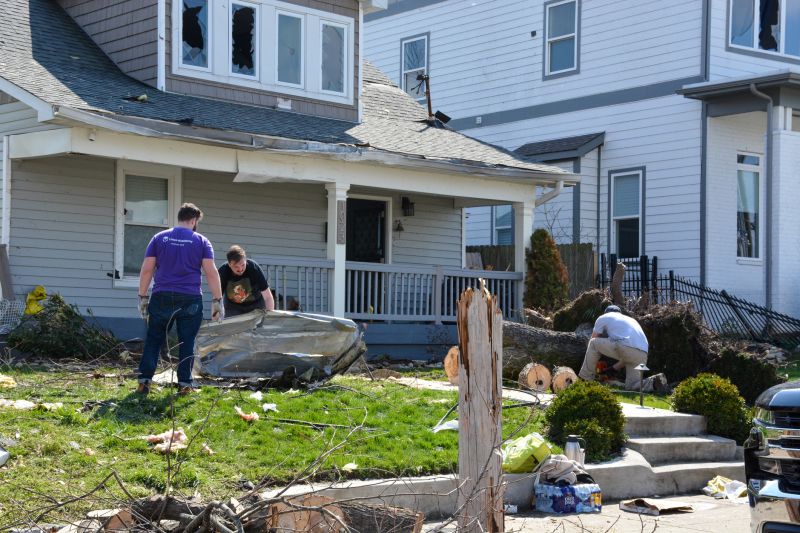
Image depicting a professional inspecting a damaged roof after a storm.
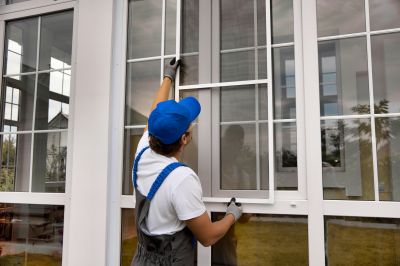
Photo of a team repairing a roof during clear weather conditions.
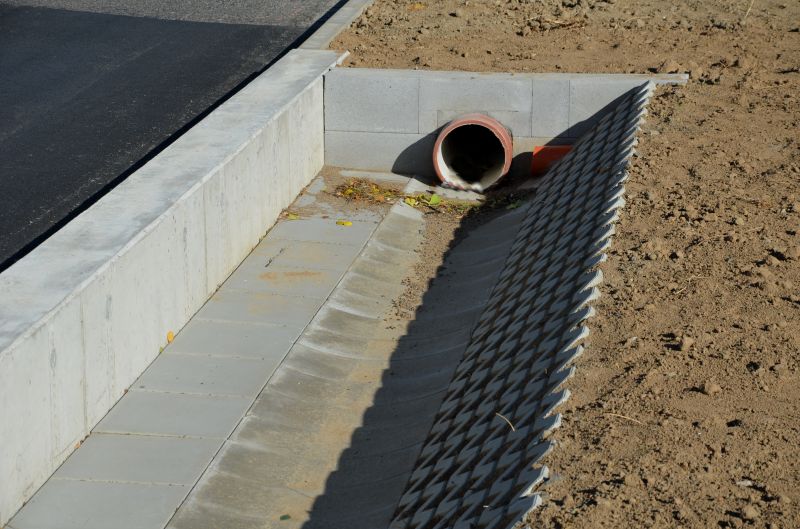
Image showing reinforcement work on a structure before storm season.
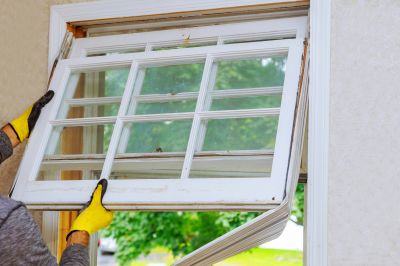
Ways to make Storm Restorations work in tight or awkward layouts.

Popular materials for Storm Restorations and why they hold up over time.
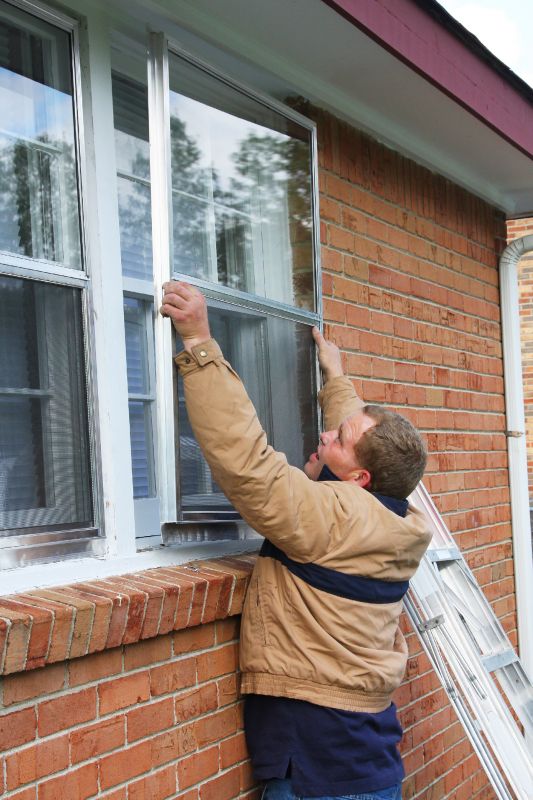
Simple add-ons that improve Storm Restorations without blowing the budget.
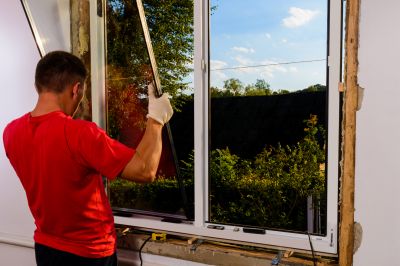
High-end options that actually feel worth it for Storm Restorations.

Finishes and colors that play nicely with Storm Restorations.
| Optimal Timing | Key Considerations |
|---|---|
| Immediately after storms | Early damage detection and repair |
| Off-peak seasons | Reduced weather-related delays |
| Pre-storm periods | Preparation and reinforcement |
| During stable weather | Ensuring quality and safety |
Storm restorations involve repairing and restoring structures damaged by severe weather events such as hurricanes, hailstorms, and high winds. These efforts are crucial for maintaining safety, preventing further damage, and restoring property value. Timely intervention can significantly reduce long-term costs and mitigate risks associated with storm-related damages.
Statistics show that the majority of storm-related damages occur during specific seasons, emphasizing the importance of strategic planning. Properly timed restorations can lead to more efficient use of resources and better outcomes. Regular maintenance and early response are key components of effective storm damage management.
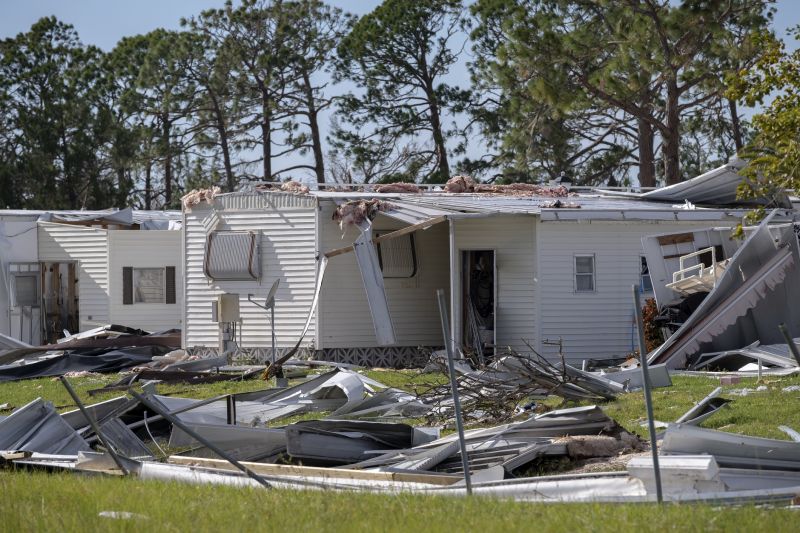
Image of a damaged roof being repaired after a storm.
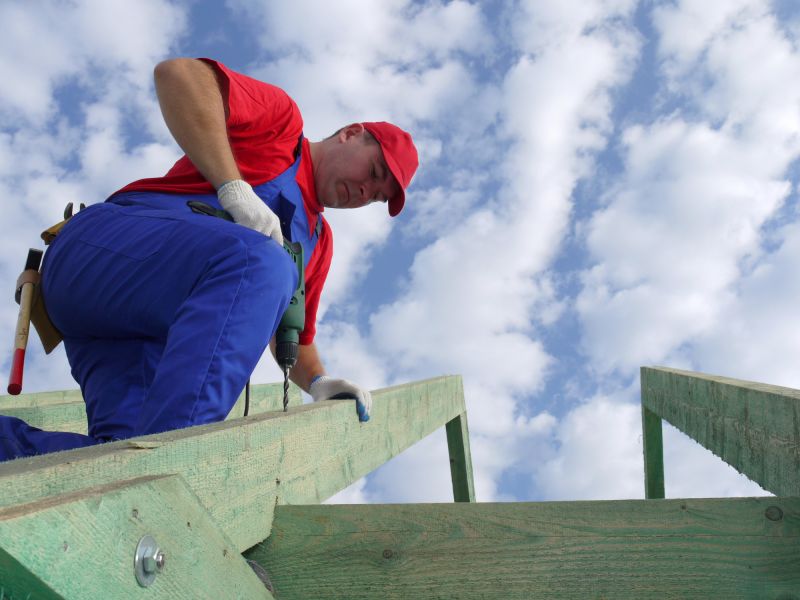
Photo showing reinforcement work on a building's roof.
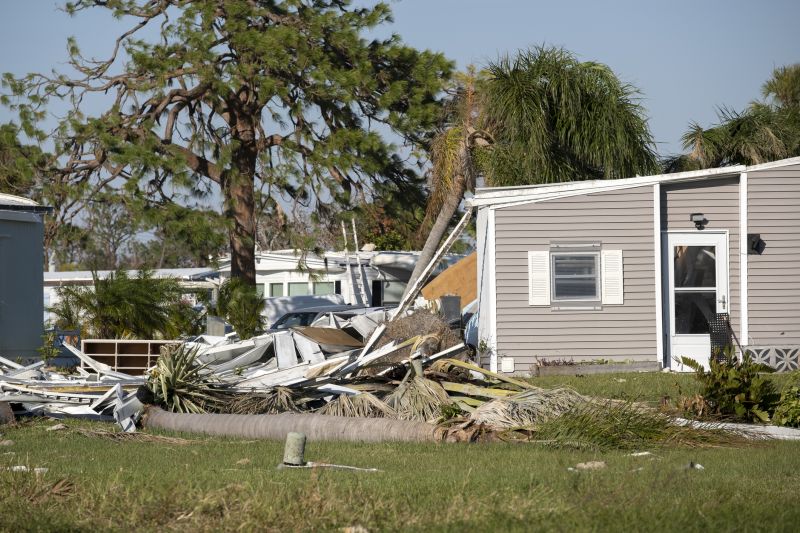
Image of a restoration team responding to storm damage.
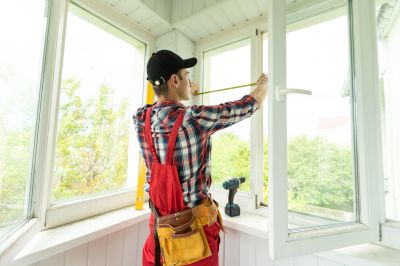
Little measurements that prevent headaches on Storm Restorations day.
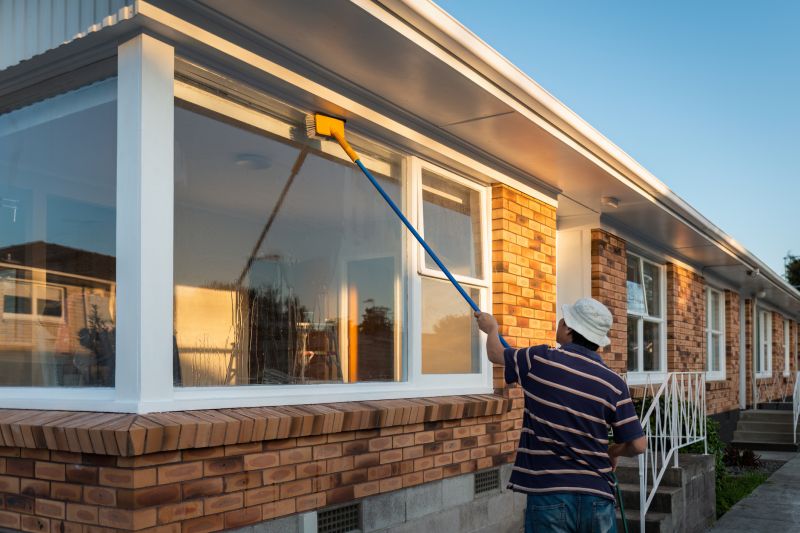
A 60-second routine that keeps Storm Restorations looking new.

A frequent mistake in Storm Restorations and how to dodge it.

Small tweaks to make Storm Restorations safer and easier to use.

Lower-waste or water-saving choices for Storm Restorations.
Interested parties are encouraged to contact for more information on storm restoration services. Proper timing and proactive planning are essential for effective damage management and property protection.

